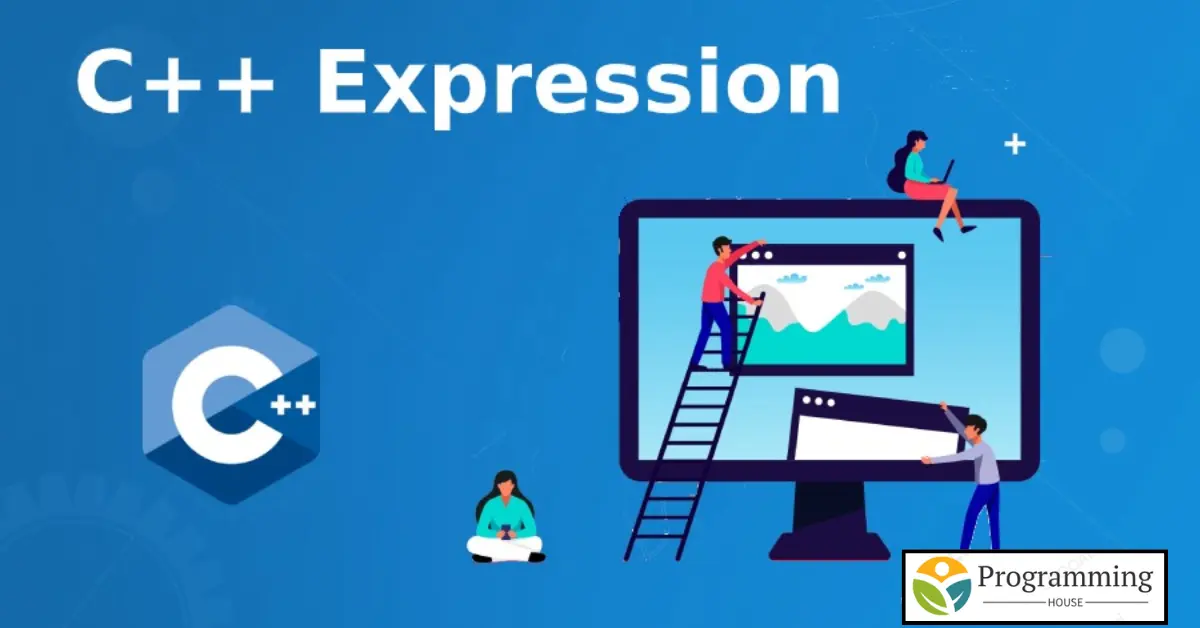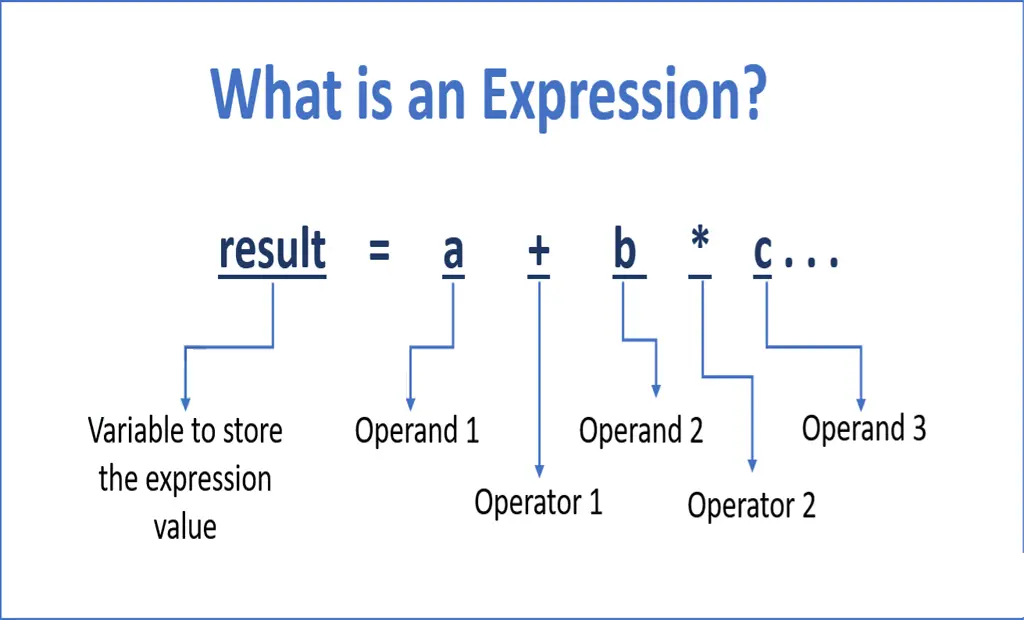
Key Points of expressions
- Expressions in C++ are combinations of symbols, numbers, and/or text that produce a particular result.
- There are several types of expressions in C++, including arithmetic expressions, logical expressions, conditional expressions, and relational expressions.
- Arithmetic expressions are used to perform mathematical operations such as addition, subtraction, multiplication, and division.
- Logical expressions are used to combine two or more relational expressions and return a boolean value.
- Conditional expressions are used to execute a particular set of instructions based on a condition.
- Relational expressions are used to compare two values and return a boolean value.
Introduction
Expressions play a crucial role in programming languages like C++. They are used to perform computations, assign values to variables, and make decisions based on conditions. In C++, an expression is a combination of symbols, numbers, and/or text that produces a particular result. It is a fundamental concept that every programmer needs to understand.
Expressions in C++ can be simple or complex, depending on the operations and operands involved. The language provides a wide range of operators that can be used to build and manipulate expressions. These operators include arithmetic operators (+, -, *, /), logical operators (&&, ||, !), relational operators (==, !=, >, <), and many more.
Understanding expressions is essential for writing efficient and effective C++ programs. By mastering the concept of expressions, programmers can perform complex calculations, make logical decisions, and manipulate data with ease. In this blog, we will explore the different types of expressions in C++, their components, and how to construct and evaluate them.
Understanding Expressions in C++
Expressions are essential in programming languages like C++. They help with calculations and assigning values. In C++, expressions can be simple, like one variable, or complex, involving multiple variables, constants, and operators.
In C++, expressions compute a value stored in a variable, forming an expression statement. These statements are common in C++ to do calculations, make decisions, and handle data efficiently.
To compute values in C++, operators work on operands like variables or constants. Operators are symbols that perform actions like addition (+) or subtraction (-) on operands.
In C++, expressions follow rules for operator precedence and associativity. Precedence sets the order for evaluating operators in complex expressions. Associativity decides the sequence when operators have the same precedence.
Understanding expressions is vital for effective coding in C++. Knowing how to build and evaluate expressions helps programmers optimize their code using the language’s full potential.
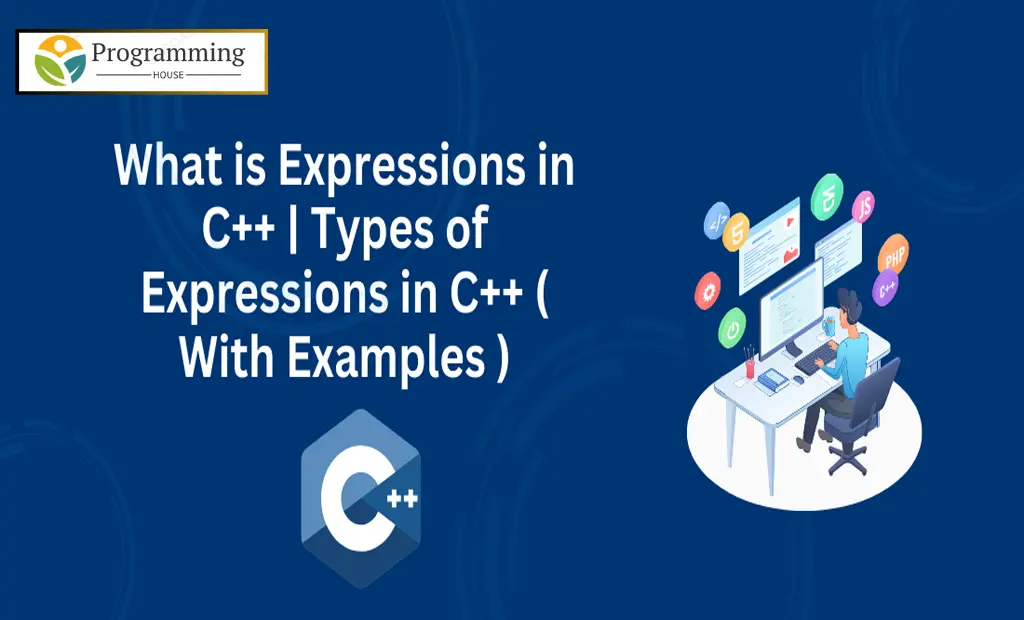
Definition and Importance
In the C language, expressions are an integral part of the source code. They are used to perform computations and generate a single value as a result. Expressions in C are built using a combination of operands and operators.
The importance of expressions in C programming cannot be overstated. They allow programmers to perform calculations, make logical decisions, and manipulate data. Without expressions, it would be impossible to write meaningful and functional programs.
Expressions are a fundamental concept in C programming and are used extensively in every program. Whether it’s performing simple arithmetic calculations or making complex logical decisions, expressions are the building blocks of programs.
Basic Components of Expressions
In C++, expressions are fundamental constructs that combine various elements to perform computations, evaluate conditions, and manipulate data. Understanding the basic components of expressions is essential for writing efficient and expressive code. Let’s explore the key components of expressions in C++:
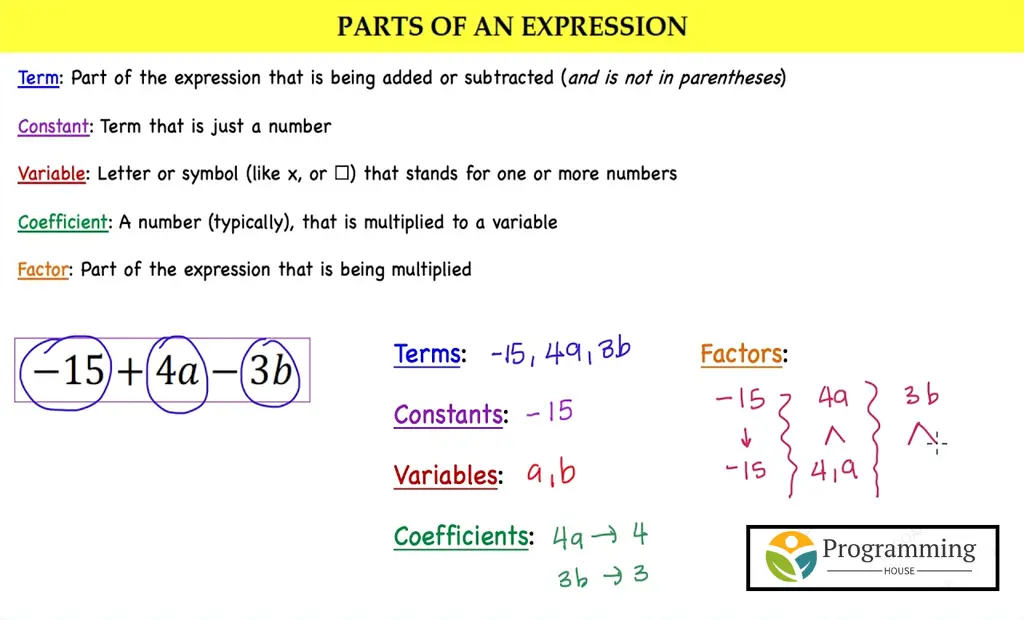
- Operands:
- Operands are the basic data elements or values upon which operations are performed within an expression.
- In C++, operands can be literals (e.g., numeric constants like 5 or character constants like ‘A’), variables (e.g., int x), function calls, or more complex expressions.
- Examples:
5is a numeric literal.xis a variable.foo()is a function call.
- Operators:
- Operators are symbols or keywords that specify the type of operation to be performed on the operands.
- C++ supports a wide range of operators, including arithmetic operators (+, -, *, /), relational operators (==, !=, <, >), logical operators (&&, ||, !), assignment operators (=, +=, -=), and many more.
- Operators can be unary (operate on a single operand), binary (operate on two operands), or ternary (operate on three operands).
- Examples:
+is an arithmetic unary operator (e.g.,+x).==is a binary relational operator (e.g.,x == 10).&&is a binary logical operator (e.g.,x > 0 && x < 100).
- Constants:
- Constants are fixed values that do not change while program execution.
- They can be numeric constants (integers, floating-point numbers), character constants (single characters enclosed in single quotes), string literals (sequences of characters enclosed in double quotes), or Boolean constants (true or false).
- Constants can be used as operands in expressions to perform calculations or comparisons.
- Examples:
10is an integer constant.'A'is a character constant."Hello"is a string literal.trueis a Boolean constant.
- Variables:
- Variables are named storage locations that hold values that may change during program execution.
- They can be declared with a specific data type and assigned values, which can be manipulated within expressions.
- Variables can serve as operands in expressions and can participate in various operations.
- Examples:
int x = 10;declares an integer variablexand assigns it the value 10.double y = 3.14;declares a double variableyand assigns it the value 3.14.char c = 'B';declares a character variablecand assigns it the value ‘B’.
- Functions:
- Functions are named blocks of code that perform specific tasks or operations.
- They can be called within expressions to execute their functionality and return values.
- Function calls can be used as operands or within more complex expressions to perform computations or evaluations.
- Examples:
int result = add(5, 3);calls a function namedaddwith arguments 5 and 3 and assigns the returned value to the variableresult.if (isEven(x)) { /* do something */ }calls a function namedisEvenwith the variablexas an argument to check if it is even.
Understanding these basic components of expressions is crucial for writing effective C++ code and manipulating data effectively within your programs. By mastering the usage of operands, operators, constants, variables, and functions, you’ll be well-equipped to create expressive and efficient expressions to meet your programming needs.
Different Types of Expressions in C++
Arithmetic Expressions in C++ involve mathematical calculations using operators like +, -, *, and /. Logical Expressions aid decision-making through conditions like if-else. Relational Expressions compare values using operators such as == and !=. Conditional (Ternary) Expressions provide simplified ways to make decisions in code. Understanding these types enhances programming proficiency and facilitates efficient algorithm implementation in C++. Explore these expressions to grasp their significance in C++ programming for diverse applications.
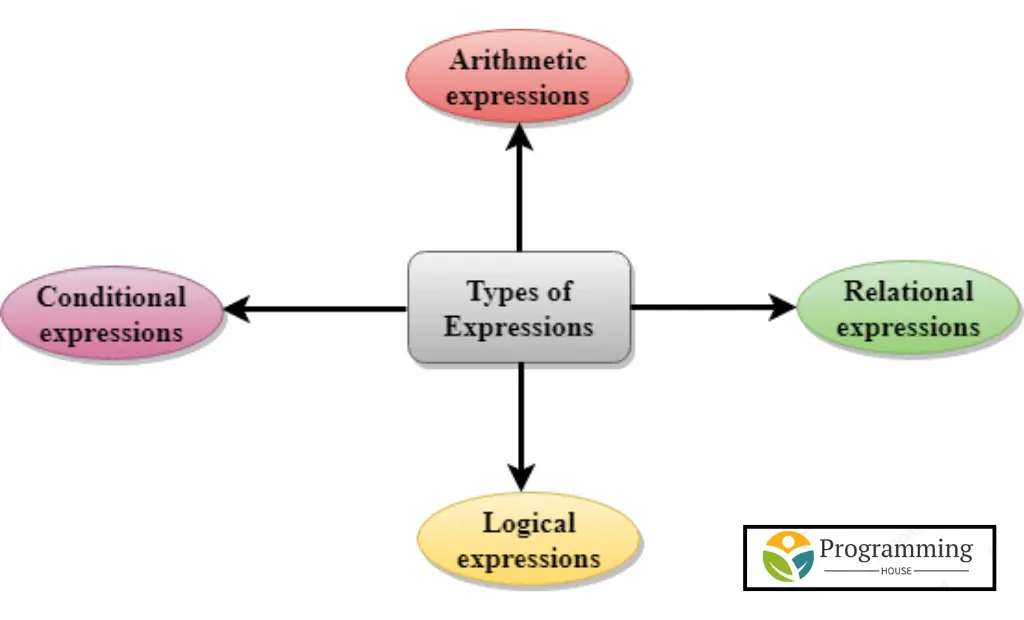
Arithmetic Expressions and Their Uses
Arithmetic expressions in C++ involve mathematical operations like addition, subtraction, multiplication, and division. These expressions are fundamental in programming to perform calculations and manipulate numerical data. In C++, arithmetic expressions are commonly used to compute values, make comparisons, and facilitate decision-making processes within a program. Understanding how to effectively use arithmetic expressions is crucial for developing efficient and functional C++ programs. By mastering arithmetic expressions, programmers can harness the power of mathematical computation to create dynamic and effective software solutions.
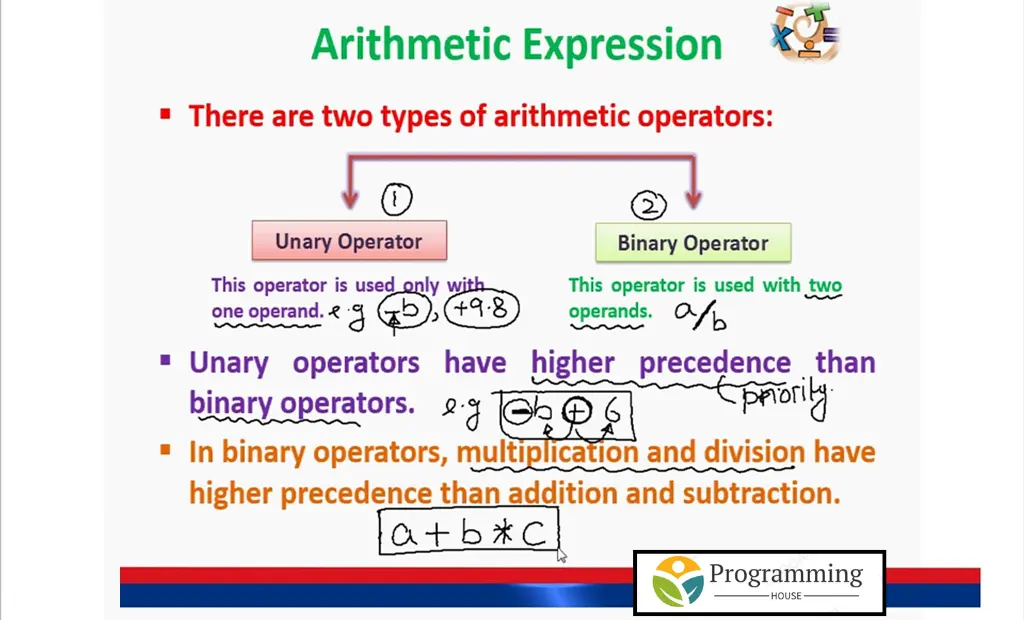
Logical Expressions for Decision Making
- Logical expressions are used in C++ to make logical decisions based on the truth or falsehood of certain conditions. They involve using logical operators to evaluate conditions and produce boolean results.
- Logical expressions can involve logical AND (&&), logical OR (||), and NOT (!) operators. These operators are used to combine or negate boolean values and produce boolean results. For example, a logical expression could be “bool result = (x > 5) && (y < 10);”, where the relational operator (>) is used to compare the value of the variable “x with 5, the relational operator (<) is used to compare the value of the variable “y” with 10, and the logical AND operator (&&) is used to combine the two relational expressions and produce a boolean result.
- Logical expressions are used in conditional statements to control the flow of a program based on conditions. They are an essential tool for decision making in C++ programming.
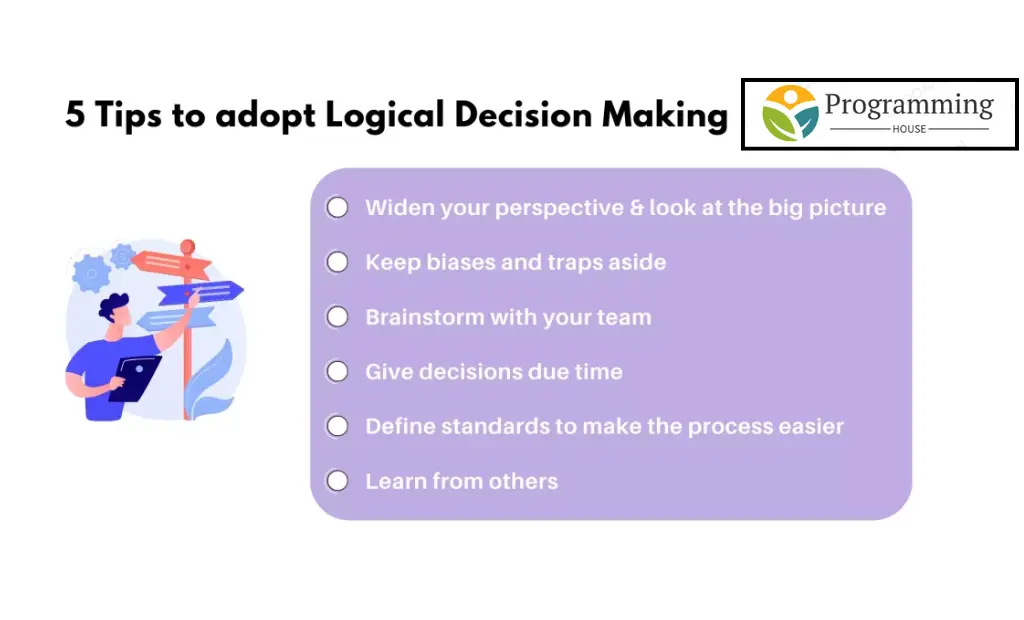
Relational Expressions in Comparisons
- Relational expressions are used in C++ to compare two values and return a boolean result. involve using relational operators to compare operands and produce boolean results.
- Relational expressions can involve comparison operations such as greater than (>), less than (<), equal to (==), and not equal to (!=). For example, a relational expression could be “bool result = (x > y);”, where the relational operator>) is used to compare the value of the variable “x” with the value of the variable “y” and produce a boolean result.
- Relational expressions are used in a wide range of applications, such as sorting data structures, searching for specific values, and making comparisons in conditional statements. They are an essential for comparing values and making decisions in C++ programming.
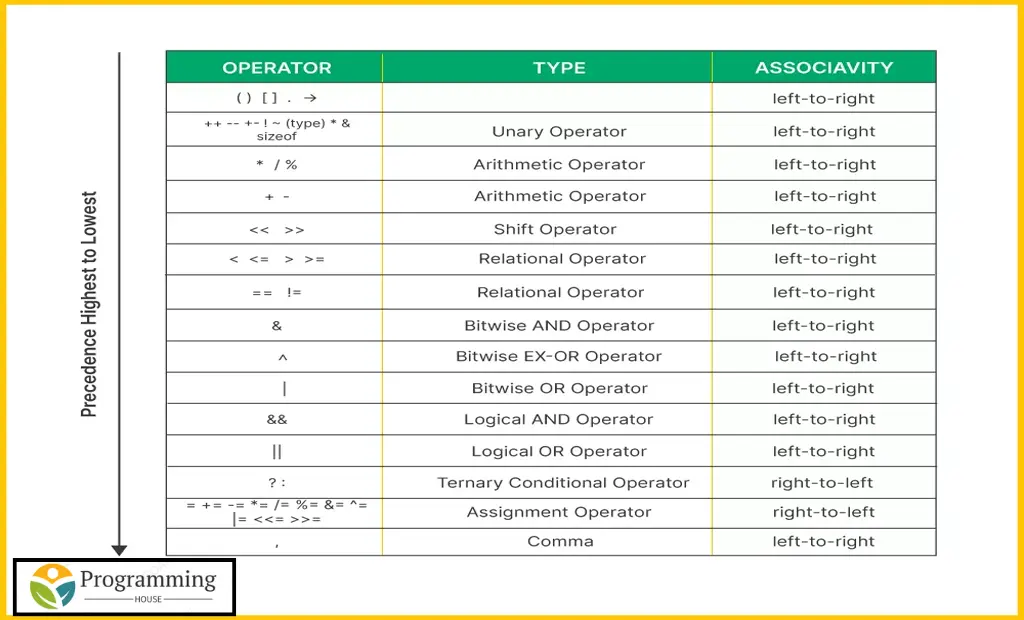
Conditional (Ternary) Expressions Simplified
Conditional expressions, also known as ternary expressions, are a simplified of writing conditional statements in C++. They involve using the ternary operator (?:) to create conditional expressions.
A conditional expression consists of three operands: a condition, a value to be returned if the condition is true, and a value to be returned if the condition is false. The syntax of a conditional expression is follows: “condition ? value if true : value if false”.
Here is an example of a conditional expression: “int max = (a > b) ? a : b;”, where the condition is “a > b”, the value to be returned if the condition is true is “a”, and the value to returned if the condition is false is “b”.
Conditional expressions offer a concise and readable way of expressing conditional statements in C++. They are widely used in situations where a simple decision needs to be made based on a condition.
| Column Name A | Column Name B |
| condition | The condition to be evaluated in the conditional expression |
| value if true | The value to be returned if the condition is true |
| value if false | The value to be returned if the condition is false |
Advanced Concepts in C++ Expressions
In addition to the basic concepts of expressions, C++ offers advanced features and concepts that can enhance the functionality and flexibility of expressions.
Using expressions in allows programmers to pass values between functions and return computed values. Functions can be used to encapsulate complex expressions and improve code modularity.
Expressions can also be used with pointers and arrays. Pointers allow programmers to manipulate memory addresses and access data indirectly. Arrays provide a way to store and manipulate multiple values using a single.
By understanding and utilizing these advanced concepts in C++ expressions, programmers can write more efficient and powerful code.
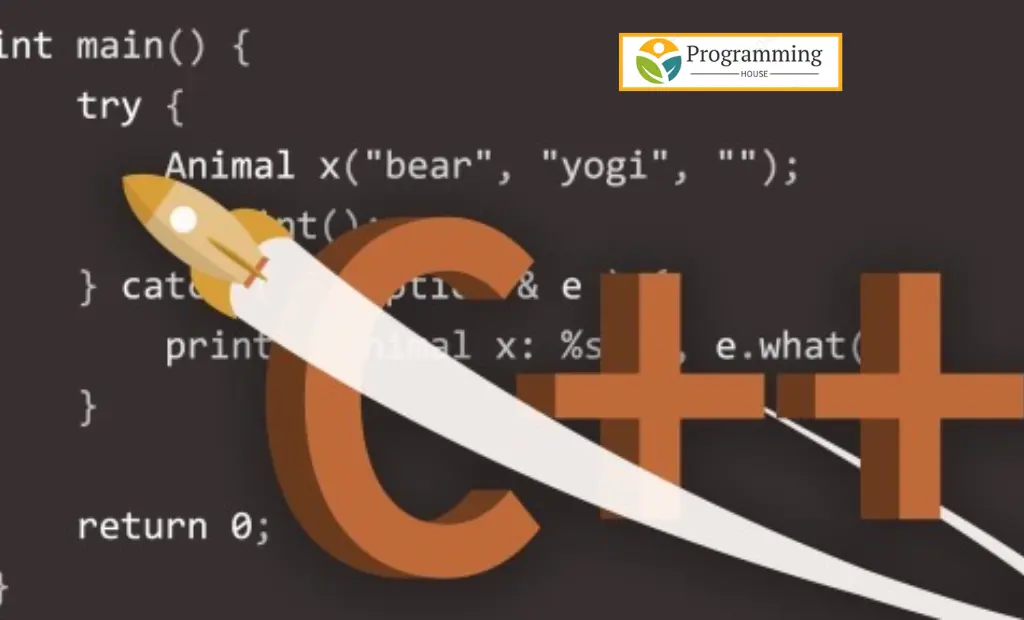
Using Expressions in Functions
In C++, expressions can be used in functions to pass values between and return computed values. Functions provide a way to encapsulate complex expressions and improve code modularity.
In C++, functions can have parameters and return values. Parameters allow programmers to pass values to functions, which can then be used in expressions within the function. Return values allow functions to compute a value and return it to calling code.
By using expressions in functions, programmers can perform complex calculations, manipulate data, and make decisions based on input parameters. Functions can be used to encapsulate common operations and improve code readability and reusability.
Expressions with Pointers and Arrays
In C++, expressions can be used with pointers and arrays to manipulate memory addresses and access data indirectly. Pointers and arrays provide powerful ways to store and manipulate data using a single expression.
Pointers are variables that store memory addresses. Using pointers, programmers can access and data indirectly by manipulating the memory addresses stored in the pointers. Pointers can be used to create dynamic data structures, pass data between functions efficiently, and optimize memory usage.
Arrays are collections of data elements of the same type. Arrays can be accessed using expressions that include the array name and an index. By using with arrays, programmers can retrieve and manipulate data stored in arrays efficiently.
By leveraging pointers and arrays in expressions, programmers can write more efficient and flexible code that can handle complex data structures and memory management.
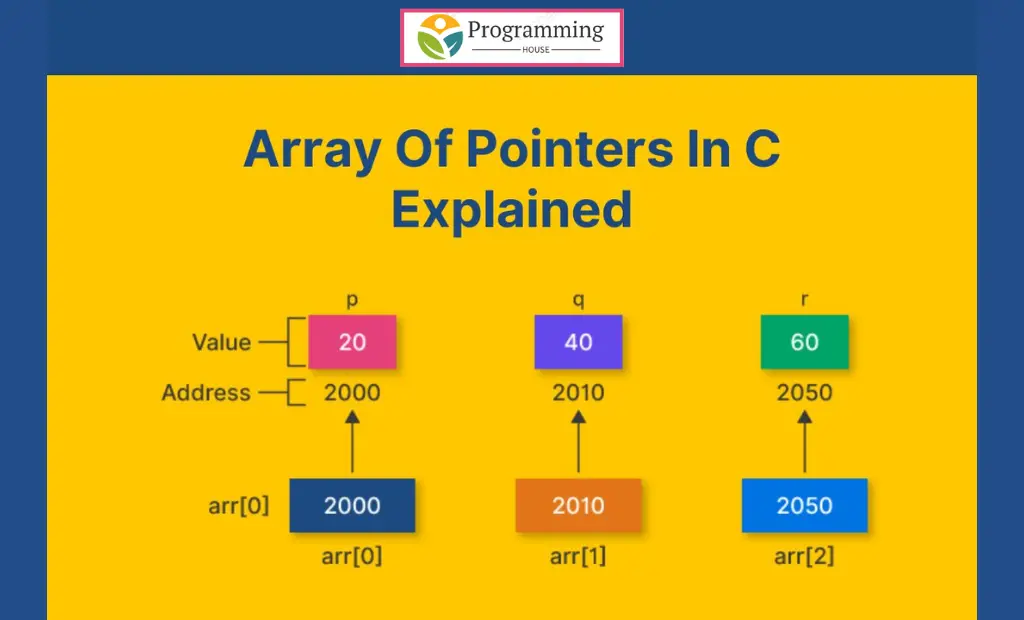
Conclusion
In essence, mastering expressions in C++ is fundamental for effective programming. Understanding the components and types of expressions, along with avoiding common errors, plays a pivotal role in code efficiency. By delving into advanced concepts like using expressions in functions or with pointers and arrays, you can elevate your coding prowess. Remember, attention to detail in syntax and logical evaluation is key to writing flawless expressions. Embracing these principles will not only enhance your coding skills but also streamline your development process. Keep practicing, stay curious, and delve deeper into the world of C++ expressions for a well-rounded programming proficiency.
Frequently Asked Questions
What is the difference between an expression and a statement in C++?
In C++, an expression uses operators, operands, and constants to find a single value. A statement is a full instruction that does an action or controls program flow. Expressions give values, while statements do actions or control program behavior. They may have side effects and may not return a value.
How do operator precedence and associativity affect expressions in C++?
Operator priority and order are crucial in expression evaluation. Priority determines the sequence of operations. For example, in “2 + 3 * 4”, multiplication takes precedence over addition due to its higher priority.
